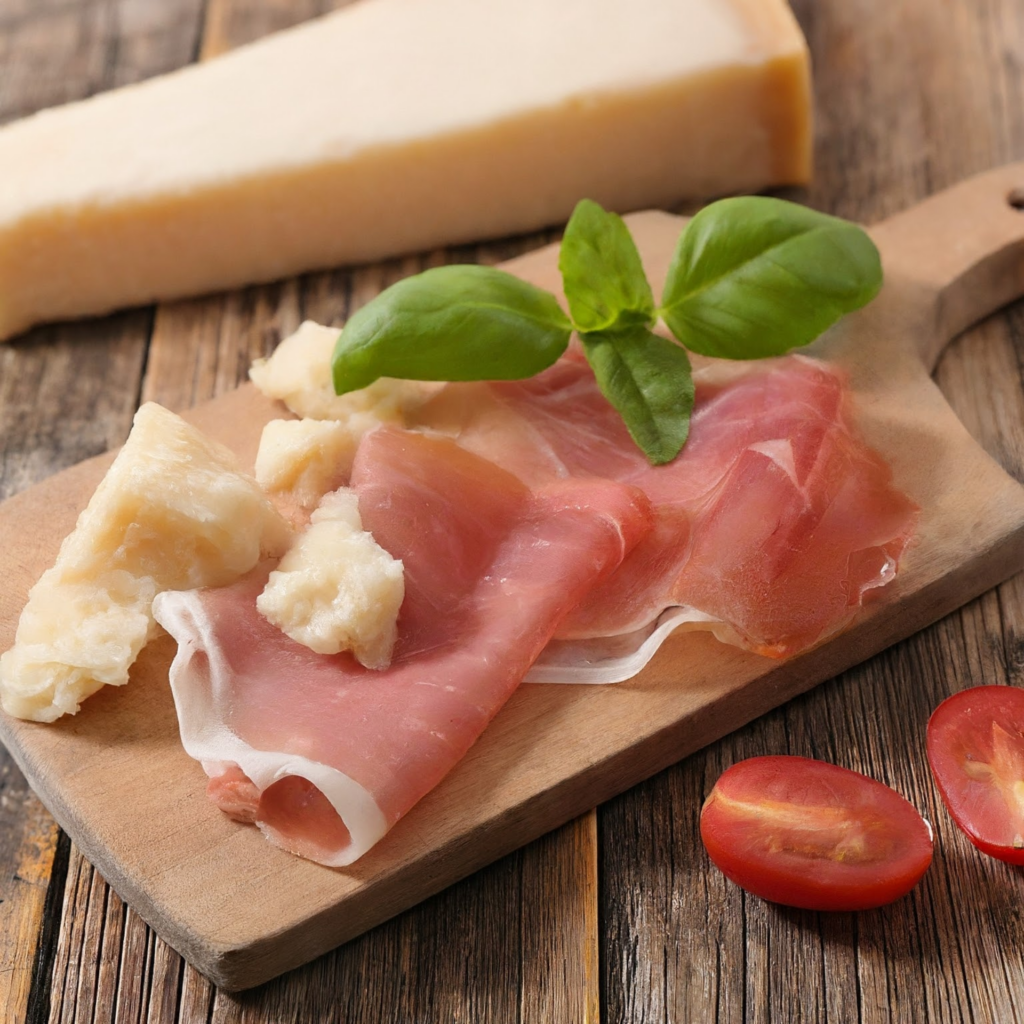From world-renowned fashion houses to the delectable culinary scene, stylish furniture design, and stunning architecture, Italian products are synonymous with unparalleled quality and timeless style. It is for this very reason that the Italian Ministry of Enterprises and Made in Italy established the Giornata Nazionale del Made in Italy, a day dedicated to celebrating the excellence that defines Italian products across the globe. This exciting new initiative kicks off for the first time on April 15, 2024, chosen to coincide with the birthday of Leonardo da Vinci – a true embodiment of Italian ingenuity.
Italy’s rich history and vibrant culture are deeply ingrained in everything they create. Italian products are meticulously crafted with care and attention to detail, often incorporating traditional techniques and high-grade materials. This dedication to heritage ensures a unique character in every offering.
In today’s interconnected world, supporting local businesses and artisans is more important than ever. Made in Italy Day presents a perfect opportunity to do just that. By consciously choosing Italian products, you directly contribute to the Italian economy and ensure the continuation of their unique cultural heritage.

Several key characteristics contribute to the esteemed reputation of Made in Italy products worldwide:
- Uncompromising Quality: Italian goods are renowned for being meticulously crafted with top-tier materials, ensuring exceptional durability and performance.
- Enduring Style: Italian design embodies timeless elegance and sophistication, ensuring your purchases remain fashionable for years to come.
- A Legacy of Tradition: Many Italian products incorporate time-tested techniques and materials, reflecting a deep respect for their rich history.
- Constant Innovation: Italian companies are at the forefront of innovation, consistently developing new and exciting products to meet evolving consumer needs.
Leonardo Da Vinci
Naturally, agriculture and gastronomy will play a prominent role in the festivities. Interestingly, Leonardo da Vinci himself, beyond being a brilliant inventor, scientist, and artist, was a passionate advocate for good food and drink. A pioneer in agronomy, enology, and even a connoisseur, he famously called wine a “divine liquor of the grape.” His own passion for food and winemaking is evident in the vineyards he cultivated at Casa degli Atellani in Milan, a gift from Ludovico il Moro. This further emphasizes the deep connection between Italian excellence and its culinary traditions, recently underscored by the Italian government’s nomination of their national cuisine for UNESCO Intangible Cultural Heritage status in March 2023.
True Italian Taste
Italy’s commitment to its culinary heritage extends beyond national borders. A prime example is the True Italian Taste project, developed under the Italian government’s “The Extraordinary Italian Taste” program. Launched in 2016 and concluding in 2022, True Italian Taste aimed to promote and enhance the value of authentic Italian agri-food products in key export markets across North America, Europe, South America, Asia, and Australia.
This initiative, together with certifications of excellence and authenticity like DOP, DOC, and IGP, combated the phenomenon of “Italian sounding,” where products with little to no connection to Italy use Italian words, colours, locations, images, and recipes to mislead consumers.
The certifications mentioned above are awarded to products that meet strict quality and production standards, ensuring their authenticity and origin.
The DOP and IGP system stands as a pillar within the Italian food industry, boasting an impressive economic impact exceeding €20 billion. This substantial growth trajectory persists year after year, with 2022 alone witnessing the generation of €20.2 billion in revenue from a total of 326 certified products. A significant portion, €8.85 billion, comes from certified agri-food products underlining the strength of Italy’s unique agricultural heritage and the vital role these certifications play in protecting and promoting its legacy. The remaining €11.3 billion comes from the wine sector, demonstrating the versatility of DOP and IGP certifications across various food and beverage categories. The impact extends far beyond revenue. DOP and IGP support a network of 195,000 businesses and 296 consortiums, employing 580,000 people and contributing 20% to the national agri-food sector’s revenue.
The 2023 Ismea-Qualivita report reveals Grana Padano, with over €1.73 billion in revenue, has reclaimed its position as the top-selling DOP product, followed by Parmigiano Reggiano and Prosciutto di Parma. In the wine category, Prosecco reigns supreme.

Choosing Made in Italy isn’t just about acquiring a beautiful object; it’s about supporting a vibrant cultural ecosystem. It means empowering local artisans, safeguarding time-tested techniques, and ensuring the continuation of a unique artistic legacy.



Add a comment